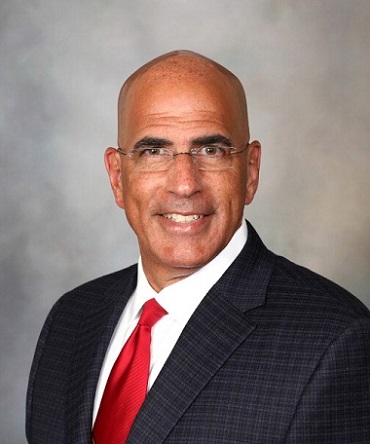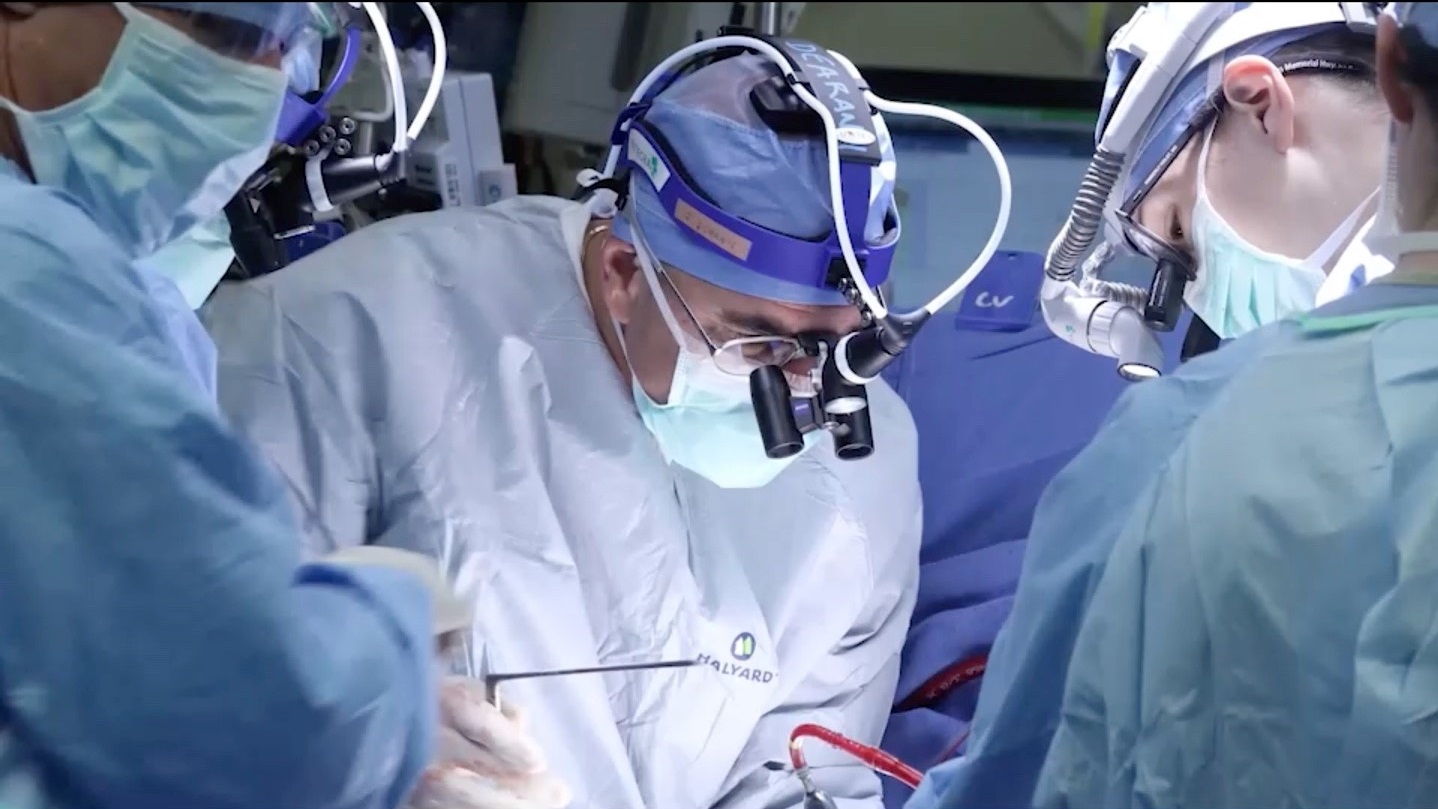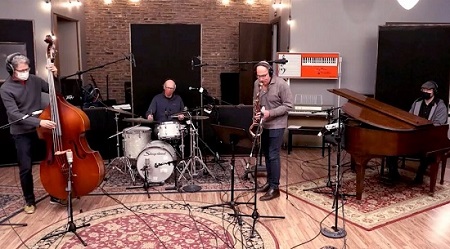
STS 2021, Day 3 — Yesterday in his Presidential Address, Joseph A. Dearani, MD, celebrated the resilience of cardiothoracic surgery professionals and rallied the community to continue being a voice for all patients in the face of a global pandemic, social injustice, political divide, and natural disaster.
“This is a call to action, and our efforts cannot be sidelined because of unexpected challenges like COVID and physician burnout,” Dr. Dearani said. “It is a call to physicians, nurses, and the entire health care workforce, to institutions, to medical societies, and to all humanity. It is a call to advocate and to defend. The resilience of the cardiothoracic surgeon’s gritty personality is being transformed for the better.”
Standing still and not operating can feel like prison for the cardiothoracic surgeon who is accustomed to working and living life in overdrive, Dr. Dearani said in his address, which featured him and, later, his musician group playing to Charlie Chaplin’s theme, “Smile.” His solo began mournful as he echoed the challenges, frustration, and heartbreak that the specialty has faced during the past year. Dr. Dearani cited the more than 1.9 million deaths from COVID-19 worldwide and the systematic horrors of racial disparity brought to the forefront of the public eye. He also presented the disheartening results of a survey among cardiothoracic surgeons that showed more than half of physicians reported experiencing burnout—and some even expressed career choice regret.
“Physicians around the country have experienced record changes in work hours. Too many for some, and too little for others, as is the case for surgeons who are estranged from operating rooms, due to the forced triage and delay of surgery for non-urgent situations,” Dr. Dearani said. “This is a tricky business in cardiothoracic surgery, since nothing is really elective, but rather shades of urgency.”
Fortunately, many surgeons and residents were redeployed along the way, Dr. Dearani said. “Working in ICU, emergency rooms and wherever else help was needed was fitting for a restless, ‘I can do it’ personality.”

What is a chosen privilege for doctors, nurses, and all health care staff can become a nightmare for friends and loved ones, said Dr. Dearani, describing how he stayed in hotels, isolated from his family, during the first months of the pandemic. He described his sadness at the murder of George Floyd, and at the loss of his own mother following a 6-week hospitalization with no family visitation.
Despite these losses, Dr. Dearani emphasized, the current environment has presented opportunities that were before unheard of or untested. “We have been accustomed to thinking that in-person meetings and workshops with bitter coffee and bad muffins, hallway chats, and various social venues are the best ways to bond and learn. I certainly did, and still miss those days. We all miss those days.”
“On the other hand, maybe some of our traditions are not essential,” Dr. Dearani continued. He cited, for example, some unexpected benefits of virtual meetings and education. “There was no map for this transition; the map was drawn on the fly,” he said. “Perhaps most important, the virtual environment has amplified the voices of those less likely to speak up.”
Dr. Dearani noted that many individuals—some who would not have come to the microphone in a large lecture hall among hundreds of colleagues—did not hesitate to chime in with comments and questions on virtual chat boards. “I’ve learned and remembered the names of colleagues, which wouldn’t have happened in a busy chaotic in-person venue. And once you’ve participated in a well-designed virtual experience, it radically changes how you look at education.”
STS 2021 participants are witnessing that well-designed experience firsthand, with thousands of views of educational sessions, scientific presentations, plenary lectures, and social events. On opening day, hundreds tuned in live to the cutting-edge C. Walton Lillehei Lecture and “Shark Tank” session and to the powerful Vivien T. Thomas Lecture. Dr. Dearani’s address was seen and heard live by more than 900 unique attendees.
“When we meet an obstacle that challenges traditions, rather than view it as a hindrance, we should pause, reflect, embrace the change, and incorporate the best silver linings for the long term,” said Dr. Dearani.

And as a more upbeat and uplifting version of “Smile” played, he said: “We're a new and improved STS, one that is more strategic, more innovative and more relevant, and our accomplishments will extend into the future, to better serve our members and our patients,” Dr. Dearani said. “We’re part of one of the most impactful and gratifying specialties in all of medicine. And this is our opportunity to influence, to change, and to create a better future for the specialty and for our patients.”
Read more Daily Bulletin stories.